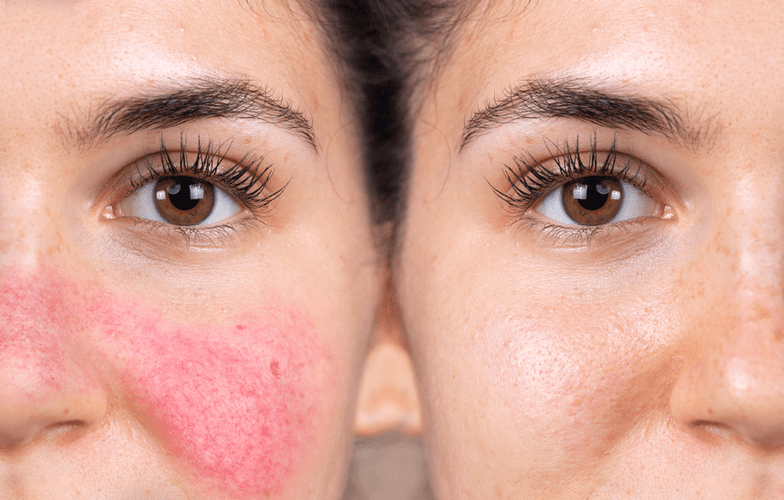Sober living
The Alcohol-Depression Connection: Symptoms, Treatment & More
The psychoactive substances described in the studies were alcohol, cocaine, khat, marijuana, heroin, and multiple substances. Users of psychoactive substances had elevated anger scores compared to non-users, which represents http://cxema.ru/forum/topic_308/ a high risk of relapse. It is suggested that PSU treatment programs include intensive anger management modules, focusing on factors such as dealing with daily stressors, family conflicts, frustrations, and problems.
What are the immediate clinical implications of coexisting depressive and anxiety states among alcoholics?
- Anger can take several different forms when it’s part of major depressive disorder.
- Unfortunately, my cactus didn’t survive, and I learned that sometimes, something that we think we need, or even something we think we deserve, can be harmful to us instead of good.
- In addition, alcohol abuse and addiction can result in poor anger management skills.
- While anger is an emotion you experience when you feel threatened, aggression is a hostile behavior that results in physical or psychological harm to yourself or others.
People who tend to ignore the future consequences of their behavior, or score low on the Consideration of Future Consequences (CFC) scale, have been found to display more aggression. This is heightened when consuming alcohol, according to a 2012 study. https://www.24cats.ru/news/40-v-mire-koshek/185-v-gollivude-snimut-film-o-kote-predskazyivayuschem-smert.html A lack of impulse control can make a person unable to resist the sudden, forceful urge to fly into a rage or act aggressively. There are a number of cognitive, neurobiological, and social factors that can influence how alcohol affects aggression.
- The worldwide coronavirus (COVID-19) pandemic is a chronic, ongoing stressor.
- In a 2017 report, researchers shared their findings of the relationship between alcohol and dating violence.
- You can experience these intense feelings of anger and dislike without ever sharing them with others — they might remain exclusively in your thoughts.
Why does alcohol make some people angry?
Anger can be a common emotion among people experiencing major depression. You may feel angry at the world, angry about events from your past, or even angry at yourself. This anger can be intense and difficult to control, to the point that it worsens your depression and affects your personal and professional relationships. One study by the National Institute on Alcohol Abuse and Alcoholism found that people with alcohol use disorder http://joomla.ru/docs/books/1815-cms-security-handbook (AUD) were 2.3 times more likely to have major depressive disorder than people who did not have AUD. The worldwide coronavirus (COVID-19) pandemic is a chronic, ongoing stressor. “An experienced psychiatrist [or another mental health professional] familiar with mood disorders and the effects of alcohol abuse can be instrumental in recommending appropriate medications and monitoring medication efficacy,” says Kennedy.
Why does depression make recovery from AUD harder?

A doctor can recommend a safe schedule for tapering off alcohol consumption and advise on which symptoms to look out for. For most moderate or severe AUD drinkers, however, clinical intervention — including detox and the use of medication — may be the only way to a cure, Fehling notes. Answering these questions openly and honestly can help them get a clearer picture of what you’re dealing with, which makes it easier for them to provide the most effective treatment.
- Individuals with alcohol use disorder may drink too much alcohol, too often.
- One study supporting this finding enlisted 245 men with a history of heavy episodic alcohol use (Berke et al., 2020).
- Through various treatment options, we can help you get back to a life of normalcy.
- Extreme happiness, or euphoria, is another common experience during drinking.
Major depressive disorder
Indeed, anger turned inward (known as internalizing) is common in those who are depressed. This act of turning anger inward can worsen the severity of depression, setting up a vicious cycle. Mental health professionals diagnose mood disorders according to criteria laid out in the Diagnostic and Statistical Manual of Mental Disorders (DSM-5-TR).

 0982.226.306
0982.226.306 duoclieuannam@gmail.com
duoclieuannam@gmail.com Hệ thống cửa hàng
Hệ thống cửa hàng Đăng ký nhận quà
Đăng ký nhận quà

